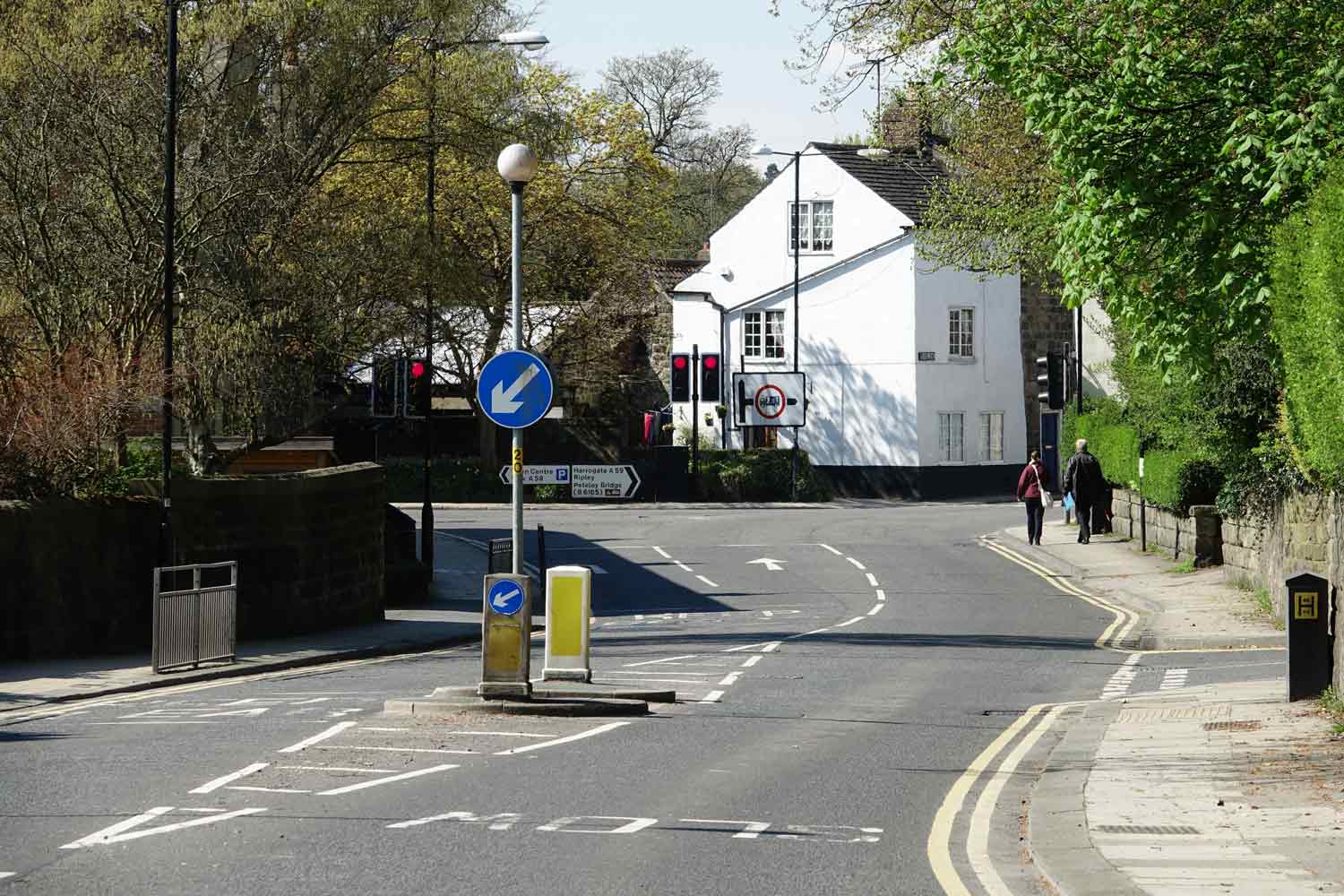The government has launched a call for evidence (5 October) on which public bodies should be designated to become Air Quality Partners to help cut emissions.
- Call for evidence on which public bodies should play a part in reducing local air pollution levels
- Air Quality Partners will be required to collaborate to help crack down on dirty air in specific areas
- New approach aims to broaden the range of organisations responsible for improving air quality locally
This approach will ensure all relevant public bodies, not just local authorities, are playing their part in helping to reduce pollution at a local level, ensuring a better joined-up delivery.
The districts and boroughs in North Yorkshire are the authorities with responsibility for monitoring and acting on air quality, but NYCC works very closely with them. For example, HBC declared an AQMA at Bond End several years ago. Since the principle cause of the problem was vehicle emissions (particularly idling diesel engines), NYCC acted to resolve the problem by replacing 7 sets of traffic lights with two mini-roundabouts.
Under the new approach, the Environment Secretary will have the power to designate Air Quality Partners which have some responsibility for sources of local pollution (such as a specific stretch of road or site that emits pollution). Air Quality Partners will be required to assist in developing and implementing an action plan to cut the pollution output.
The call for evidence asks for views as to which public authorities should be designated. A public authority may be relevant for designation where:
- It carries out duties of a public nature
- It is responsible for a source of local air pollution
- It is able to take certain actions to reduce local concentrations of pollution
A spokesperson for the Harrogate and District Green Party, said:
There is no clear rationale in the statement from DEFRA as to the purpose of bringing in partners. The only suggestion appears to be that DEFRA is ‘burdening local authorities’. If this is the Government’s view, then they should properly fund Local Authorities so that they have the resources they need to monitor and develop plans to reduce air pollution.
Local Authorities have long carried out air quality monitoring and establish Air Quality Management Zones, although monitoring isn’t always consistent due to councils having limited resources. The monitoring technology in Harrogate is basic and so funding for more detailed real-time analysis would be beneficial to understand exposure and variation of pollution throughout the day.
Who are the other ‘public bodies’ referred to as potential partners? They would need to have expertise in the area. Currently, the Environment Agency focuses on industrial point-source pollution and is not set up for dealing with non-point source pollution, such as vehicle emissions and domestic heating systems as major sources of air pollution in urban areas. It seems as if the Government is trying to fix a system that isn’t broken but needs resourcing adequately.
If more partners become involved in the monitoring of air quality, it needs to be ensured that they are not involved in emitting pollution and that any system does not become more fragmented, making it increasingly difficult for Local Authorities to have a full monitoring picture and develop effective plans to reduce air pollution.
Environment Minister Rebecca Pow said:
Local authorities are best placed to tackle certain issues at a local level, but we want to ensure they don’t shoulder the burden alone and that all relevant public bodies are pulling in the same direction to help clean up our air.
I encourage all local authorities to provide their thoughts on which organisations we should designate under powers we are bringing in through the Environment Bill, to help reduce local pollution levels.
Through the Bill we aim to update the Local Air Quality Management Framework (LAQM) to broaden the range of organisations that play a role in improving local air quality across the country.
This call for evidence aims to harness the knowledge of local authorities to better shape how these plans are implemented ahead of a full consultation once the Environment Bill becomes law.







